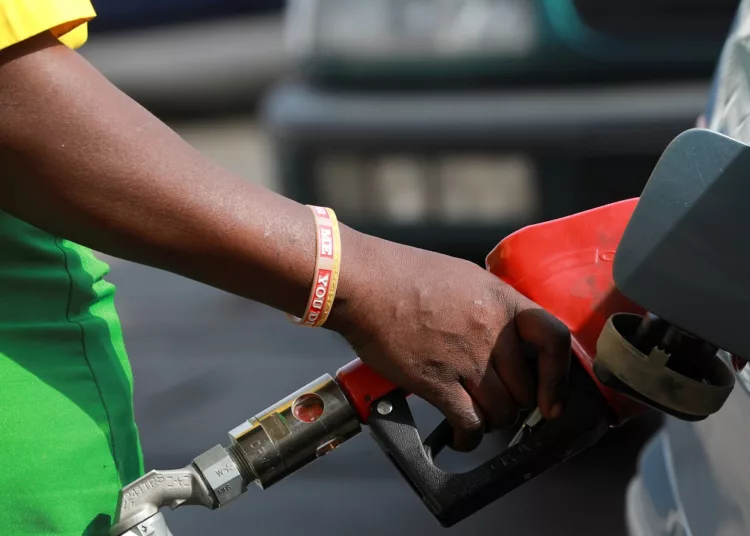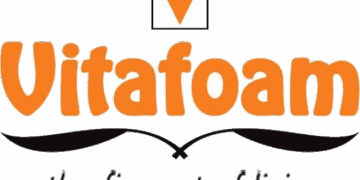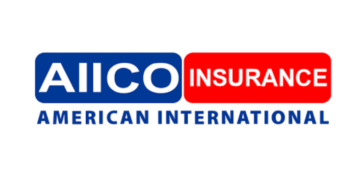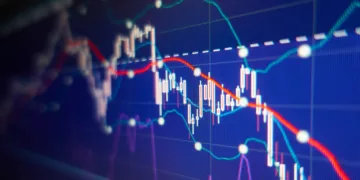The Major Energy Marketers Association of Nigeria (MEMAN) has issued a stark warning about a looming fuel price shock following the federal government’s plan to impose a 15 per cent import tariff on petroleum products.
The association warned that the proposed 15 per cent tariff policy on imported petroleum products could deepen hardship if the policy is not matched with measures to protect the poor.
Low-income earners and small business operators will feel the immediate impact, MEMAN said.
Speaking during a joint webinar organised by MEMAN and S&P Global Commodity Insights in Lagos, the executive secretary of MEMAN, Mr Clement Isong, said the tariff, if implemented, would have far-reaching effects on consumers, transporters and small businesses already battling inflation.
The association cautioned that the tariff could push petrol prices to nearly N1,000 per litre in Lagos and over N1,020 in other inland cities, with diesel prices soaring between N1,164 and N1,194 per litre.
Isong highlighted the risk of a regressive impact, especially on low-income earners and small business operators, urging the government to adopt phased tariff implementation and introduce price caps to cushion vulnerable Nigerians.
He emphasised the need for transparency through regular publication of open-market price computations and end-user costs, enabling Nigerians to understand what drives pump prices.
He warned that without strong regulatory oversight and supportive measures, the tariff could destabilise the petroleum market, squeeze out smaller importers, and lead to higher logistics and food prices due to increased diesel costs.
MEMAN proposed alternatives such as tariff caps—setting limits like N50 per litre or $20 per metric tonne—to limit consumer burden, alongside reforms in border control and anti-smuggling efforts to protect the domestic refining sector. The association also called on the Nigerian Midstream and Downstream Petroleum Regulatory Authority to ensure fair competition and nationwide product availability.
The association advised the federal government to publish regular open-market price computations and end-user prices, allowing Nigerians to see what drives pump costs.
“We are deeply concerned that such a tariff could push petrol to nearly N1,000 per litre in Lagos and over N1,020 in inland cities,” he said.
The webinar examined the policy’s implications on the downstream petroleum market.
He urged the federal government to ensure transparency and accountability in fuel pricing.
Isong warned that the proposed 15 per cent import tariff on petrol and diesel could raise pump prices above N1,000 per litre.
According to him, diesel prices could rise to between N1,164 and N1,194 per litre, depending on marketing margins, which would drive up logistic costs and eventually be reflected in food prices.
Explaining the economics behind the policy, Isong noted that while the tariff was designed to help local refiners recover costs and compete globally, it would also increase the landed cost of imported fuel.
“Ultimately, importers will pass these additional costs to consumers,” he said.
He warned that such a cost transfer could destabilise the market.
“If prices rise sharply, smaller importers may be squeezed out, leaving only a few dominant players,” he said.
Isong, therefore, called for strong regulatory oversight.
“The Nigerian Midstream and Downstream Petroleum Regulatory Authority must be vigilant to ensure fair competition and nationwide product availability,” he said.
He proposed alternatives that could achieve the same policy goals without hurting consumers.
“Government can adopt a phased or conditional tariff tied to verified increases in domestic refining capacity,” he said. Isong also recommended tariff caps to cushion impact.
“A fixed cap of N50 per litre or $20 per metric tonne could limit the burden on ordinary Nigerians,” he said. He emphasised the need for market transparency.
“A competitive framework with standardised pricing and regular publication of international and local refining benchmarks will promote fairness,” he said.
The MEMAN boss further urged reforms in border and customs operations.
“Enhanced anti-smuggling measures and tighter customs checks will prevent tariff evasion and protect local investments,” he said.
Isong added that proactive exchange rate management could serve as natural protection for local refiners.
“An undervalued Naira can make imports more expensive and domestic production more attractive,” he explained.
Also, S&P Global analysts, Mr Dumdisi Awanen and Ms Tanya Stepanova, said that “Nigeria must balance refinery protection with competition to ensure stable fuel prices and a sustainable energy market.”
Both of them presented a paper titled “Navigating Transformation: Lessons from Global Markets for Nigeria’s Energy Future”.
Their analysis showed that Nigeria remains a pioneer in fuel market liberalisation in Africa but still requires strong regulatory oversight to ensure fair competition and prevent monopolies.
Using case studies from Ghana, Zambia, Morocco, and South Africa, the report highlighted how excessive protectionist policies can distort markets. At the same time, transparent regulation and open-access systems promote competition and price stability.
In Ghana, for instance, the National Petroleum Authority (NPA) sets indicative maximum and minimum pump prices to protect consumers while allowing fair margins for marketers.
“Zambia’s open-access TAZAMA pipeline system, introduced in 2025, has also helped lower diesel prices by encouraging competition among transporters.”
The S&P Global team emphasised that striking the right balance between supporting Nigeria’s emerging refining sector, led by the Dangote Refinery and others, and maintaining market competition would be crucial for sustainable energy development.
According to them, while Dangote’s ex-refinery prices are currently lower than import parity prices when logistics are considered, continued transparency and fair regulation are needed to prevent market dominance and ensure that liberalisation benefits all stakeholders.





